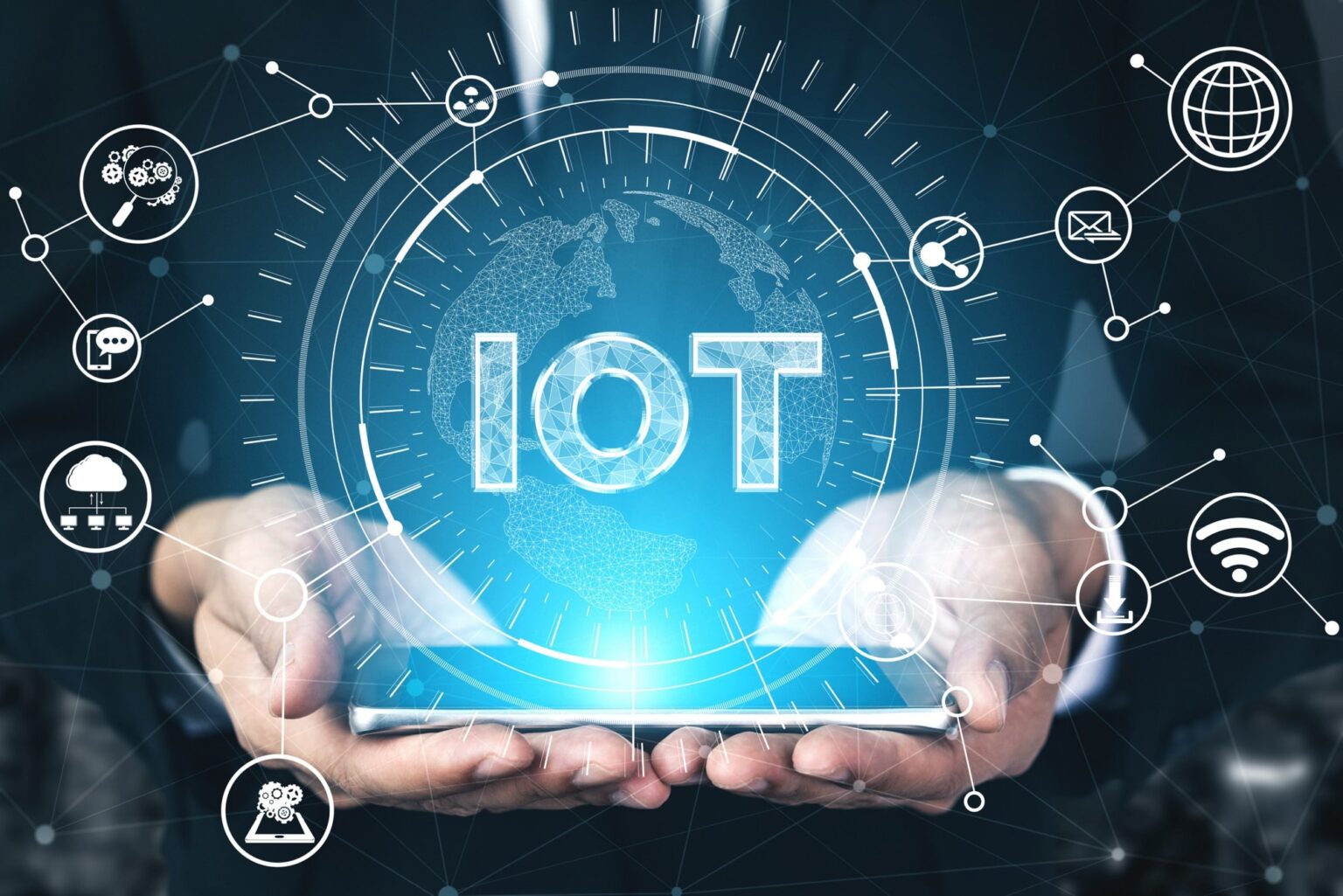While the Internet of Things (IoT) holds immense potential for transforming industries and our daily lives, there are several challenges that need to be addressed for its future success. Interoperability, standards, and scalability are among the key challenges that need to be overcome. Here’s a closer look at these challenges and their implications for the future of IoT:
Interoperability: Interoperability refers to the ability of different IoT devices, platforms, and systems to seamlessly communicate and work together. Currently, the IoT landscape is fragmented, with numerous proprietary protocols and technologies. This lack of interoperability limits the ability to create integrated and cohesive IoT solutions. To unlock the full potential of IoT, there is a need for standardized communication protocols and frameworks that enable interoperability across devices and platforms. Efforts are underway to develop open standards such as MQTT, CoAP, and OPC UA, which aim to address this challenge.
Standards and Security: The absence of universal standards for IoT devices and systems poses security risks and hampers the adoption of IoT solutions. As IoT devices continue to proliferate across various industries, the lack of standardized security measures makes them vulnerable to cyberattacks and data breaches. Establishing robust security standards and protocols is crucial to protect IoT ecosystems and the sensitive data they handle. Additionally, privacy concerns related to the collection and use of personal data by IoT devices need to be addressed through strong regulatory frameworks.
Scalability: IoT involves the deployment of billions of devices that generate massive amounts of data. Scaling IoT systems to accommodate this vast number of devices and handle the exponential growth of data is a significant challenge. It requires robust infrastructure, including network bandwidth, cloud computing resources, and data storage capabilities. Building scalable IoT architectures that can handle the increasing demands of data processing, analytics, and storage is essential for the future growth and sustainability of IoT applications.
Power Management: Many IoT devices are battery-powered and operate in resource-constrained environments. Power efficiency and management are critical factors for the successful deployment and operation of IoT systems. Optimizing power consumption in IoT devices, implementing low-power communication protocols, and exploring energy harvesting technologies are essential for extending the battery life of devices and reducing the need for frequent maintenance or replacements.
Data Management and Analytics: The massive influx of data generated by IoT devices poses challenges in terms of data management, storage, and analysis. Effectively handling and extracting actionable insights from this vast amount of data require advanced data management and analytics techniques. IoT platforms need to incorporate efficient data processing and analytics capabilities, including real-time data streaming, edge computing, and machine learning algorithms, to derive meaningful insights and enable intelligent decision-making.
Ethical and Social Implications: As IoT becomes more pervasive, ethical and social considerations arise. Issues related to privacy, data ownership, and the impact of automation on employment need to be carefully addressed. Clear regulations and guidelines must be in place to ensure responsible and ethical use of IoT technologies and protect the rights and privacy of individuals.
Addressing these challenges requires collaboration among industry stakeholders, policymakers, and standards organizations. Efforts to establish interoperability standards, enhance security measures, and develop scalable IoT architectures are already underway. As IoT continues to evolve, it is crucial to prioritize these challenges to foster innovation, ensure trust, and create a sustainable and interconnected IoT ecosystem that delivers value to businesses, individuals, and society as a whole.



